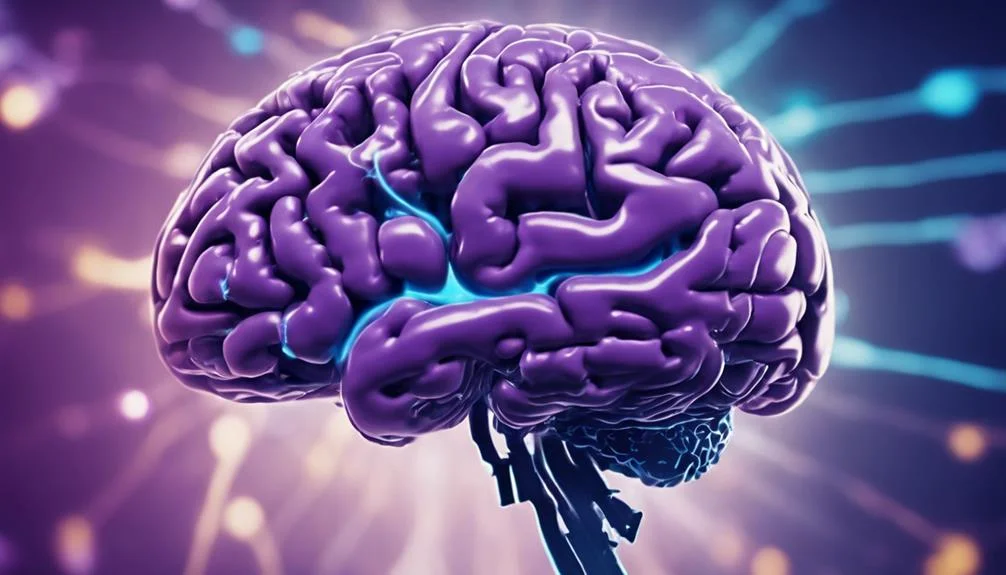Katrina Kaif had to say no to a Hollywood offer because of some problems. But she thinks she’ll get another chance in the future which she finds exciting. Besides acting, Katrina is a great dancer too. She thinks dancing helped her a lot in her career. It helped her understand emotions and express herself better in movies.

Katrina Kaif talked about her latest movie in Merry Christmas where she acted with Vijay Sethupathi. The movie is based on a French novel called Le Monte-charge (Bird In A Cage). Katrina loved the book because it had everything she wanted in a story; tenderness, poetry, mystery, and drama.
Katrina praised the director of Merry Christmas named Sriram Raghavan for making realistic characters. She thinks his characters feel like real people, even though the situations in his movies can be unusual. Besides Katrina and Vijay, Sanjay Kapoor was also in Merry Christmas.
Apart from her acting skills Katrina is also renowned for her exceptional dancing abilities. In the interview, she emphasized the importance of dance in her career. Reflecting on her journey in the film industry, Katrina admitted that she was once timid and unsure of her identity as a performer. Dance played a crucial role in helping her overcome these challenges and discover her true potential.
Speaking about her latest film, “Merry Christmas,” Katrina shared her excitement about working on the project. Based on the French novel “Le Monte-charge” (Bird In A Cage), the movie captivated Katrina with its tender, poetic, and mysterious storyline. She praised the director, Sriram Raghavan, for his ability to create flawed yet relatable characters that resonate with audiences.
In “Merry Christmas,” Katrina starred alongside Vijay Sethupathi and Sanjay Kapoor. She expressed admiration for her co-stars and commended their performances in the film. Katrina is proud to be a part of “Merry Christmas” and believes that the movie offers audiences a unique and engaging cinematic experience.
